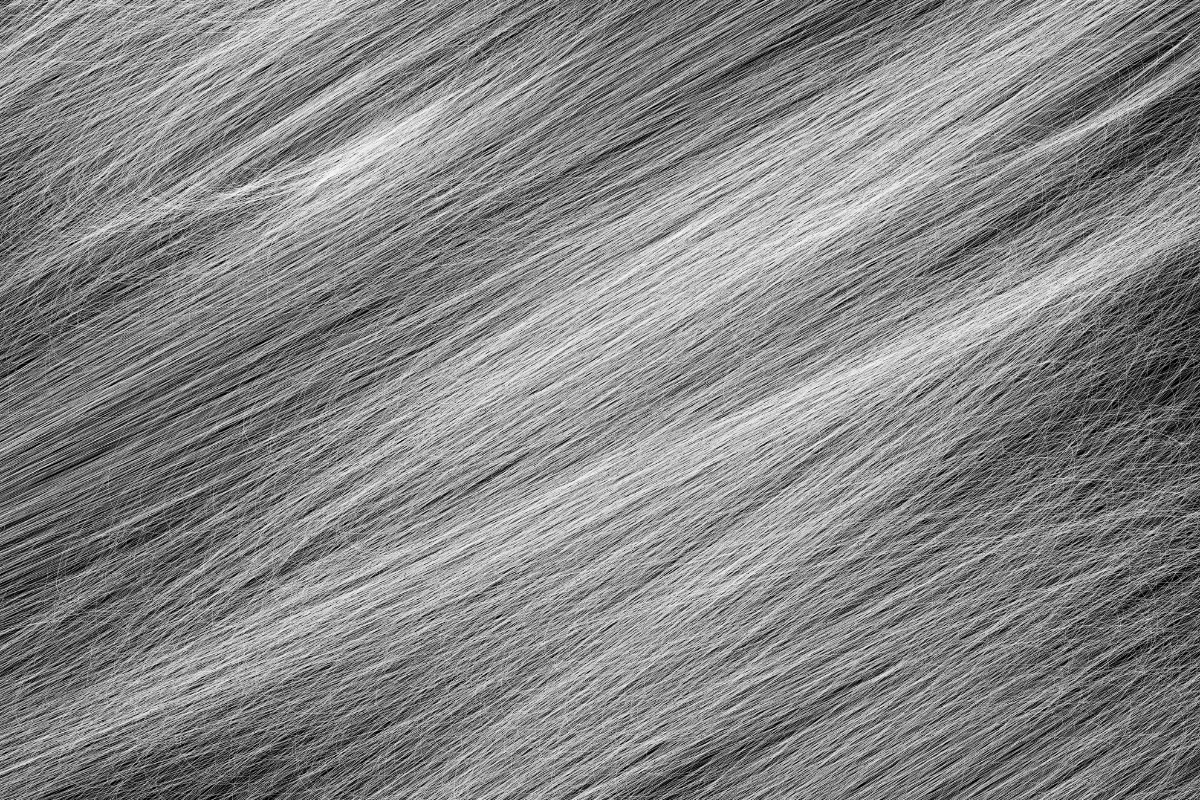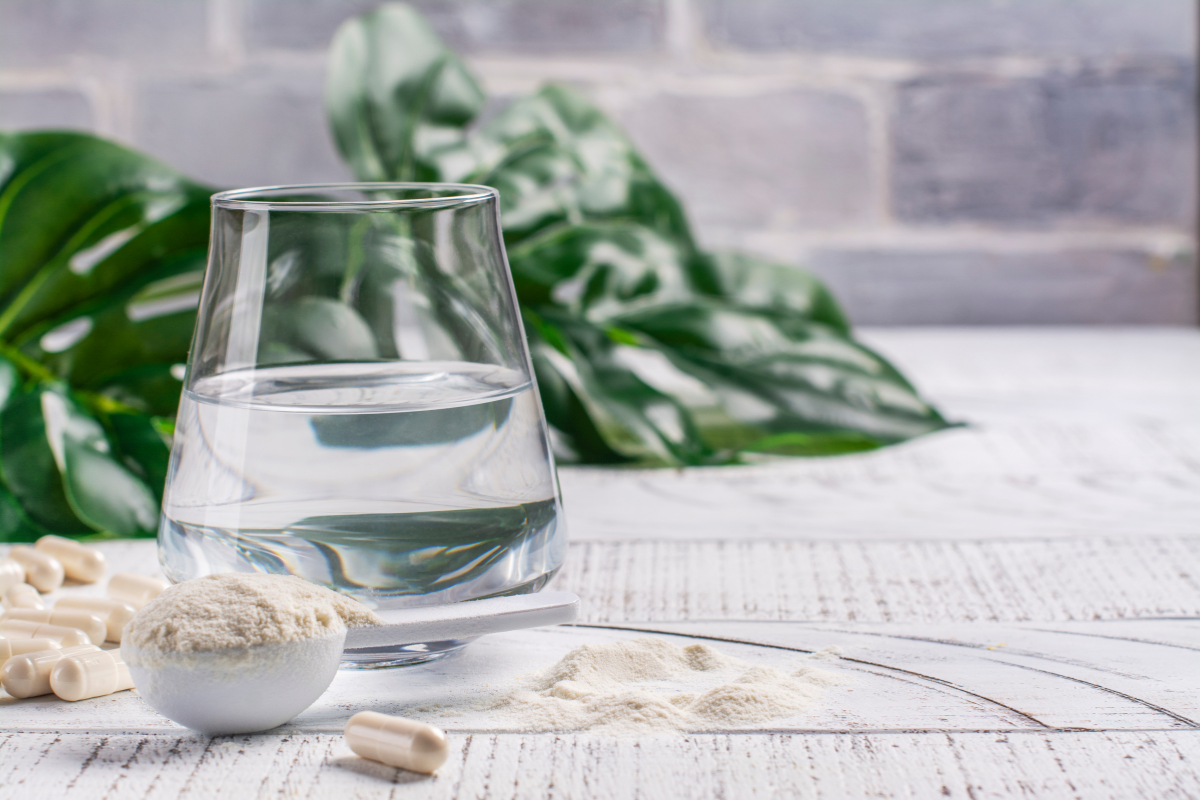Collagen, dietary supplements & menopause

Collagen, dietary supplements & menopause
The best natural, additive-free collagen supplements for menopausal women
Most women will experience some symptoms during menopause and many women will experience early symptoms while still menstruating. Menopausal symptoms can begin months or even years before your period ends and can last for years after.
If you are going through menopause due to surgical or medical treatments, you will likely experience the symptoms of menopause much less gradually.
Common symptoms during menopause are:
- Thinner hair and increased hair loss
- Thin skin as well as dry skin and loose skin with more wrinkles
- Poorer nail quality
- Pain in the joints
- Osteoporosis
- Difficulty sleeping
- Weight gain and reduced muscle mass
- Stomach upset and intestinal problems
- Worse immune system
Collagen supplements, vitamins and minerals in menopause
What symptoms can you get when you are in menopause?
Common symptoms of menopause include:
- anxiety
- changes in mood - such as low mood or irritability
- changes in skin condition, including dryness or increased oiliness and onset of adult acne during menopause
- difficulty sleeping – this can make you feel tired and irritable during the day
- hair loss and thinning hair during menopause
- headache or migraine
- hot flashes – brief, sudden feelings of warmth, usually in the face, neck and chest, which may make your skin red and sweaty
- increase in facial hair
- stiffness in the joints, aches and pains in the joints
- night sweats – hot flashes that occur at night
- palpitations – heartbeats that suddenly become more noticeable
- problems with memory, concentration and "brain fog"
- recurrent urinary tract infections (UTIs), such as cystitis
- decreased sex drive (libido)
- tinnitus
- vaginal dryness and pain
- brittle nails that break off easily
- weight gain
- Osteoporosis, reduced bone density that leads to bone weakening and increased risk of fractures.
How does menopause affect the hair and skin?
Menopause, which officially begins a year after your last period, can bring some noticeable changes to your skin and hair. When hormone levels drop, your skin can become dry, flabby and thin. You may notice more hair on your face and an increase in shedding from your head resulting in thinning hair.
Collagen also decreases during menopause and with increasing age - decreased collagen is often associated with thin and flabby skin and poorer hair quality.
What common skin problems can you get when you are in menopause?
Wrinkles, brown spots, and dry skin can appear more pronounced as the skin ages. Changes in skin pH and sporadic fluctuations in hormone levels during menopause can also worsen existing skin conditions, such as acne, rosacea, eczema and psoriasis.
Does biotin help with menopausal hair loss?
Vitamin B7 or Biotin – Biotin is found naturally in lentils, liver and nuts and can be described as a water-soluble nutrient that can help improve hair health. You can also take this vitamin from food supplements. It can be very helpful in counteracting thinning hair.
Can a dietary supplement with keratin strengthen the hair and skin during menopause?
Estrogen plays an important role in keeping your skin, including your hair and nails, youthful. Estrogen levels affect the production of epidermal keratinocytes, an important cell type found in the outer layer of your skin. Keratinocytes make keratin, the protein that is a crucial component of your hair, skin and nails.
As you enter menopause, your estrogen levels begin to drop. This has an impact on keratin and other cells and proteins that contribute to skin, nail and hair production. With declining estrogen production, the number of epidermal keratinocytes in your body also decreases. This can lead to dry and brittle nails, dry and scaly skin, and poorer hair quality.
Reduced estrogen levels affect the skin's ability to retain water, which can lead to dehydration. You may notice that your skin feels more sensitive or is more prone to irritation and itching. Some women may also experience rashes during menopause related to drier skin. Weak and brittle nails also occur due to reduced moisture.
Which dietary supplement with collagen is best for the skin and hair during menopause?
Choose a dietary supplement with collagen as a basis. Collagen is a protein that is important for both skin and hair. As we get older, the body's own collagen production drops drastically and it can then be good to add extra collagen to prevent the skin and hair from aging too quickly. Choose a collagen supplement suitable for both hair and skin , which contains the collagen peptide VERISOL®, hyaluronic acid, silicon, niacin (B3), biotin (B7), zinc, copper and vitamin C for optimal effect.
Why is hyaluronic acid (HA) important for menopausal women?
- Moisturizing for the skin of the entire body and contributes to plump skin with less visible wrinkles
- Acts as a lubricant for the joints – HA cushions and lubricates them, as well as preventing and relieving joint pain.
- Hyaluronic acid both shapes and keeps the eye in place - you've probably never thought about that, right? But it is one of the main roles of hyaluronic acid in the human body.
Why does hyaluronic acid and collagen in the body decrease during menopause?
Age is not the main reason why hyaluronic acid decreases in the body. The natural effects of UV radiation, alcohol, tobacco, unhealthy lifestyle habits are some of the most causes of harmful effects. Undoubtedly, these things are the most common causes of the loss of the precious storage of hyaluronic acid in the body. And the other major reason that affects the production of HA in our body is biological aging and menopause. In menopause, every woman should be aware of the fact that the lack of hormones such as estrogen will affect all body functions, including collagen and hyaluronic acid production.
Is it important to take extra vitamin D to prevent osteoporosis in menopause?
Vitamin D is needed for the body to effectively absorb calcium from the intestine. Calcium is found in most foods. Most are found in milk products, leafy vegetables and nuts. Vegetable alternatives to milk are often fortified with calcium.
Vitamin D plays an essential role in the body's calcium and phosphorus homeostasis, bone mineralization and skeletal growth. Older people are more likely to be deficient in vitamin D, which is needed to absorb calcium from the intestines. Then the amount of calcium in the blood decreases and the body compensates by taking calcium from the bones. If you have too little vitamin D, the skeleton can eventually become calcified because of this.
What is the best natural supplement for better sleep during menopause?
Ashwagandha can support women in menopause, thanks to its strong anti-inflammatory properties. We suggest that you start using a collagen supplement with ashwagandha as soon as you start to notice that you are approaching menopause. Signs and symptoms may include irregular periods, hot flashes, night sweats, mood swings and brain fog. Ashwagandha can help calm and reduce the overproduction of stress hormones such as cortisol.
Our collagen supplement with Ashwagandha relieves sleep problems and calms the nervous system, while the collagen in the dietary supplement contributes to better hair and skin quality.
Can ashwagandha help with hot flashes during menopause?
Does ashwagandha stop hot flashes? Data published in the Journal of Obstetrics and Gynecology Research indicated that ashwagandha root extract led to significant improvements in hot flashes and night sweats for the women in the study after taking the supplement for eight weeks.
- Tags: Kollagen/Collagen Sömn/Sleep





